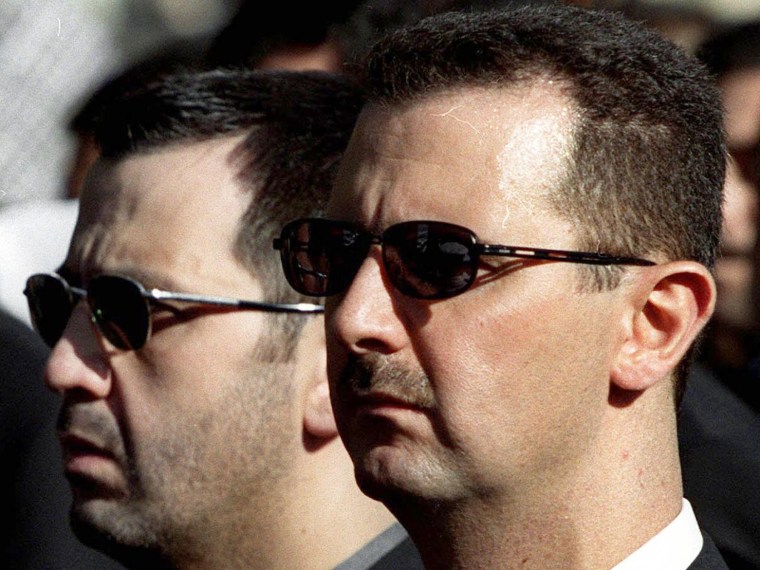Nineteen years ago, on July 4, 1994, I was in the middle of basic officer training at Fort Knox, Kentucky, when we got a few hours off to celebrate our nation’s birthday. Dressed in my gray “PT Army uniform,” I basked in the freedom of calling home, getting a haircut, and enjoying the wonders of air conditioning after sweltering for weeks in 90 degree heat. Little did I know that ten years later I’d bask in the 138 degree heat of Baghdad. So every year on the Fourth, I think about the 1% of Americans who give up many of their freedoms to serve in the United States military—and this year in particular, of the 60,000 heroic troops who are still on the front lines in Afghanistan.
Last month, after more than a decade of war, the United States transferred primary responsibility for security operations over to the Afghan military. Yet even as the American public’s attention has focused on matters at home, over 60,000 U.S. troops remain in Afghanistan in a support role. Seventy-two have been killed this year.
When we invaded Afghanistan after 9/11, we did so in response to the deadliest terror attack in U.S. history. I fully supported our nation’s right to self-defense: an Army captain and newly-minted professor at West Point at the time, I marched into my boss’ office and volunteered for combat.
Yet no matter how legitimate our motives, it’s undeniable that Afghanistan cost us dearly, in both blood and treasure. The New York Times has a moving interactive called “Faces of the Dead”—I recommend you take a look.
Part of being a patriot means sending American men and women into combat only as a last resort–keeping up America’s tradition as the reluctant warrior. On this July 4th, I hope the Obama administration and Congress keep this fact in mind as they weigh how best to respond to the civil war in Syria.
There is little doubt that Syrian President Bashar al-Assad has committed terrible crimes against his own people. Yet neither Assad’s use of sarin gas nor the terrible civilian toll of the conflict mean that the United States should unilaterally insert itself in the middle of a civil war.
Imposing a no fly zone in Syria—as championed by Senators John McCain and Lindsay Graham—would require the U.S. military to eliminate numerous ground targets, including aircraft, surface to air missiles, command and control, radars, runways, and logistics. It will also most likely cost American fighter pilots their lives. The Assad regime possesses a much more robust air defense system than what Qaddafi possessed in Libya or what remnants Saddam had left after the Gulf War. Even a less ambitious proposal to establish a no fly zone along the Syrian-Jordanian border would cost $50 million per day and require numerous aircraft operating constantly.
Establishing a no fly zone also would enter the U.S. into open-ended direct involvement in the Syrian civil war—presumably until the collapse of the Assad regime or a negotiated transfer of power. Even worse, it would risk the lives of our military men and women in war that the American public does not support.
A Pew Research poll from June showed showed 68% of Americans believe the U.S. is already overcommitted militarily in Syria, and wide majorities of Democrats, Republicans, and independents oppose arming the rebels.
We have learned a number of lessons from the disastrous foreign policy of the post-9/11 era. In Iraq, we learned that the United States cannot go it alone. Without buy-in from the international community, we’ll once again be stuck shouldering the burdens of an unpredictable war. Syria will be contest between the United States and rebel forces, facing off against the Assad regime, Russia, and Iran. The United Nations is sitting this one out.
In Afghanistan we learned that war—even legitimate war—comes at a tremendous cost. On this July 4th, I hope the president and Congress think carefully about what we as a country have to gain, and to lose, in Syria. Today, I’ll be enjoying the freedoms of air conditioning, ice cream, and swimming with my wife and two kids. But seared in my heart will be some guilt--thoughts of my brother and sister warriors who are still over in Afghanistan. In Bucks County, Pennsylvania. we Murphys will be saying our nightly prayers for them to make it home safe. I hope you’ll exercise the freedom to do the same.
